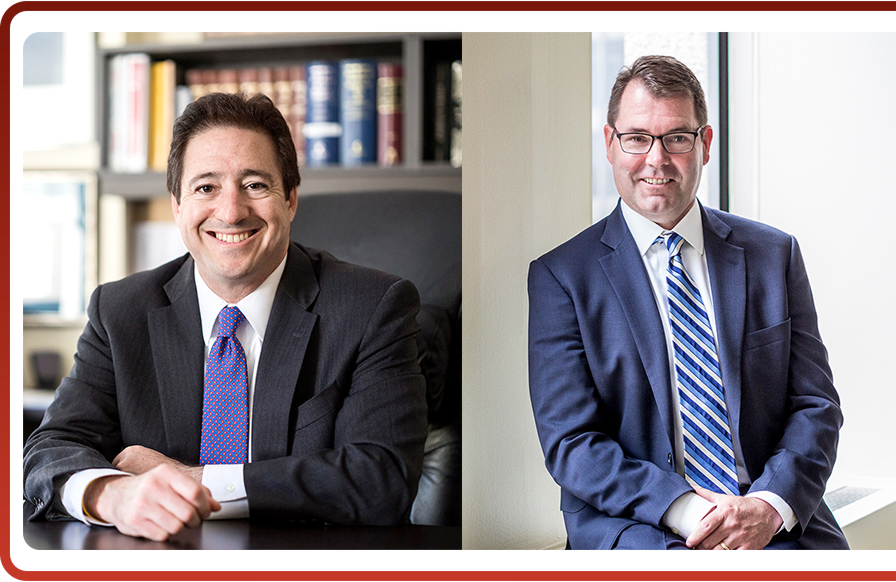
FDCPA Overview And Identifying Malpractice

When dealing with a collector or having a debt that may soon be collected, it’s important to know the extent to which debt collection agencies can work within the law. By understanding some of these intricacies, you can protect yourself from malpractice and / or potentially negotiate a better settlement.
The Fair Debt Collection Practices Act is a federal law limiting the actions of third-party debt collectors attempting to collect debts for another entity. In terms of a larger overview, the law limits the ways in which collectors can contact debtors along with restrictions on things like the time of day communication can be made. If this law is violated, a suit may be brought within a years time with the help of a personal injury lawyer against the debt collector in a state or federal court. One distinction to consider, however, is that the FDCPA only applies to third-party collection agencies meaning that these rules don’t apply to more conventional debt-related transactions such as owing money to a local appliance store.
In terms of specifying some of the more direct implications of these rules, there are a few illegal debt collection practices to consider:
- Third-party communications
– Generally, a collection agency can’t contact third parties about your debt (outside of a few circumstantial instances such as finding information about your whereabouts). Collectors, however, are allowed to contact either your lawyer (if representing you), the original creditor or a credit reporting agency for information-related purposes.
- Communication with (you)
– The initial communication must indicate that he / she is attempting to collect a debt. He / she must also communicate that any information gathered from you will be used for that purpose. Regarding contact times, a collector can’t contact you at odd or inconvenient times (depending on your own schedule), at work (if determined by your employer), or directly (if he / she knows that you have an attorney).
- False and / or misleading information (or representation of information)
– Collection agencies can’t lie. This includes but is not limited to: claims of being law enforcement, false crime claims, having a fake business name or claiming a communication is from an attorney.
- Harassment or abusing language
– In general, a debt collection agency can’t harass, bother or abuse debtors. This includes threats of violence, use of profane language, repeated calls, etc. The implication here is that you shouldn’t have to put up with a collectors harassment. Simply hang up or ignore the call, letting the phone “hang” In more difficult circumstances, it may be best to pursue legal action.
Thanks to Brandy Austin Law Firm, PLLC for their insight into personal injury claims and identifying malpractice of debt collectors.

